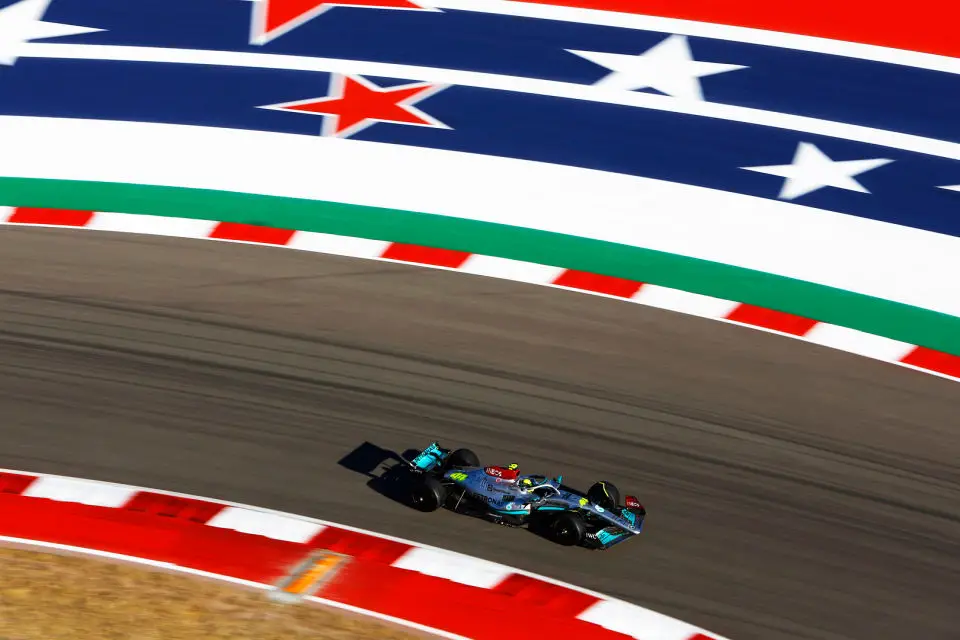Karun Chandhok Urges Comprehensive FIA Checks After Austin GP Controversy
Following the controversial disqualifications of Lewis Hamilton and Charles Leclerc at the United States Grand Prix, former F1 driver Karun Chandhok has voiced his opinion. He believes that this unprecedented situation demands a broader investigation by the FIA to ensure fairness and uphold the sport’s integrity.
Key Takeaways:
- Broader Post-Race Investigations: Chandhok argues for the FIA to extend their post-race investigations to include the teammates of disqualified drivers, considering the likelihood of similar car setups.
- All Cars Check Suggestion: He suggests the possibility of checking all 20 cars on the grid as a one-off exception, even if it delays the final race results until the following day.
- Upholding F1’s Integrity: Chandhok highlights that the situation in Austin was unprecedented in 29 years of F1 racing, justifying the need for a comprehensive check to maintain the sport’s integrity.

Former Formula 1 driver and Sky Sports F1 reporter Karun Chandhok has recently called for more thorough checks by the FIA in instances of post-race disqualifications. This statement comes in light of the recent disqualifications at the United States Grand Prix, where Lewis Hamilton and Charles Leclerc were excluded from the race results due to excessive wear on their skid blocks.
Chandhok, who is known for his in-depth analysis as a pundit for Sky Sports F1, expressed his belief that the exclusions of Hamilton and Leclerc raised questions about the fairness and consistency of the FIA’s scrutiny. He noted the necessity of including the teammates of disqualified drivers in the post-race checks, citing the probability of similar setups in team cars.
“If you find two cars that are illegal, you should automatically check their team-mates because there’s a good chance that they have very similar setups, so I think that’s something that’s worth thinking about for the future,” Chandhok stated.
Acknowledging the time-consuming nature of plank checks, which take approximately half an hour per car, Chandhok still emphasized the importance of thorough investigations. He explained the process:
“Every time you do a plank check, it takes half an hour. So, if you have to check all 20 cars, that’s five hours, then the results have to be checked by the stewards, then eventually the results will come out. So, there’s a question of do we want a situation where the results are declared seven hours after the grand prix. We don’t want that on every occasion, but what happened in Austin hasn’t happened in 29 years so actually on that occasion, I think it warranted it, and I wouldn’t have minded waiting till Monday for the official results if I knew that all 20 cars were checked.”
Chandhok’s suggestions highlight the delicate balance between maintaining the sport’s integrity and managing practical constraints. His perspective adds a valuable dimension to the ongoing debate about the FIA’s role in ensuring fair competition in Formula 1.




